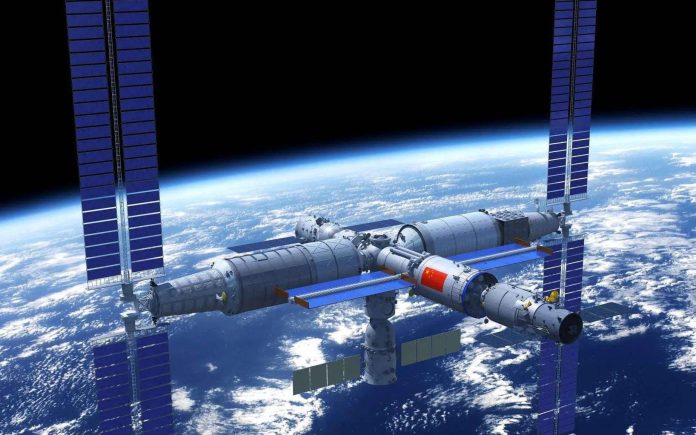The Abu Dhabi startup StarLab Oasis, which is an extension of a Texas company called Nanoracks, wants to plant seeds in outer space in order to develop plant species that can survive on unsuitable land, to overcome the climate crisis.
Seeds like soybeans and quinoa grow differently in space. Without Earth’s gravity, plants struggle to discern their growth path and are exposed to cosmic radiation, reports a local Arabic daily.
This can cause the seeds to mutate and produce many new, more tolerant and productive plant species, such as drought-tolerant crops that can grow in saline conditions.
The co-founder of StarLab Oasis, Allen Herbert, told CNN Arabia that sending seeds into space will contribute to “sustainability, climate change, and food security on Earth,” adding: “Space is a place that has resources, energy, and space. It is the perfect place to do research, and the same technology can be brought to Earth.”
Plants have undergone “mutational breeding”, that is, exposing species to chemicals or radiation, on Earth since the 1920s, according to what was explained by the botanist at StarLab Oasis, Connor Kisselchuk, and it began to be applied in outer space during the 1960s.
China has been sending seeds into space since the 1980s, which has led its farmers to use new varieties of crops.
And in 2022, the International Atomic Energy Agency and the Food and Agriculture Organization of the United Nations sent seeds into space for the first time to develop crops so they can withstand climate change.
Herbert said StarLab Oasis would be among the first to commercialize this process. The company plans to work with other companies, space agencies, universities, and nonprofit organizations to send seeds into space for either research or commercial purposes. It is up to the customers to choose whether to propagate the plants for the purpose of trade and sale.
One of the non-profit organizations the company is currently working with is the International Center for Biosaline Agriculture in Dubai, which is looking to increase the tolerance of crops like quinoa to salinity and drought, Kisselchuk said.
Initially, StarLab Oasis will send the seeds to the International Space Station (ISS) where astronauts will plant them, but its long-term goal is to send them to a commercial space station called Starlab, which is scheduled to be operational in 2027.
When it returns to Earth, the seeds will either be grown by a customer or in a StarLab Oasis lab, where they will be tested to see how they grow in environments such as drought or extreme heat. StarLab Oasis, which was founded in 2021, currently has five employees and is set to expand next year.
The company is backed by the Abu Dhabi Investment Office (ADIO) in the UAE as part of a $41 million program to increase food production in arid environments. The country may benefit from the project, as it currently imports up to 90 percent of its food.
Speaking about “StarLab Oasis”, Abdullah Abdulaziz Al Shamsi, Acting Director General of the Abu Dhabi Investment Office, said that it is a very ambitious and exciting project that will provide access to the scientific potential of space in the field of developing agricultural technologies for a world with limited resources.”

















